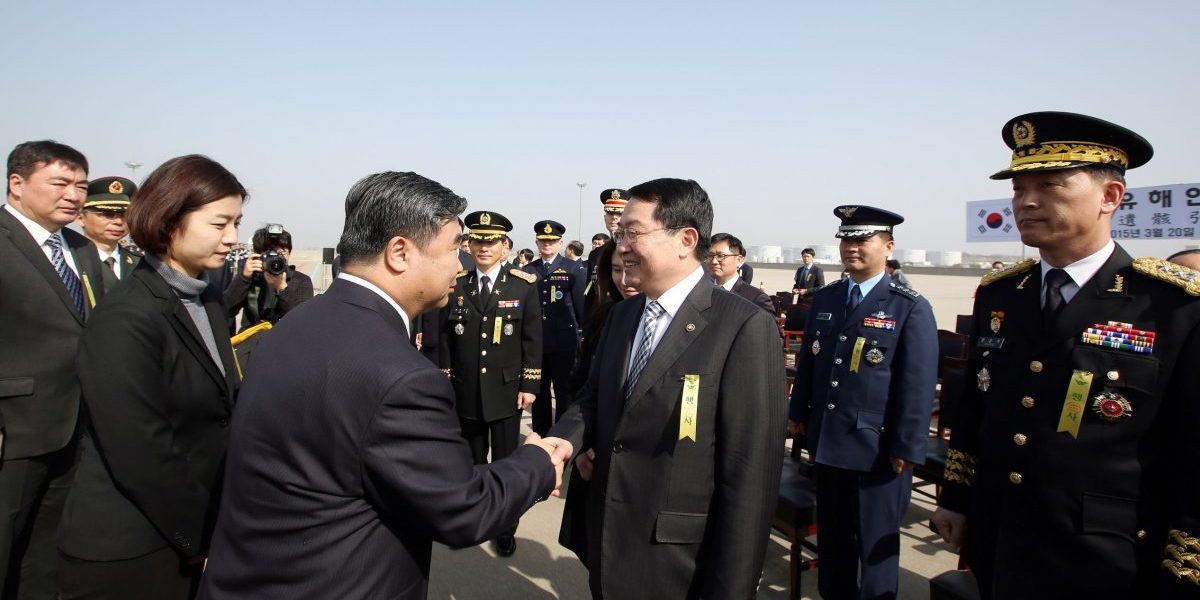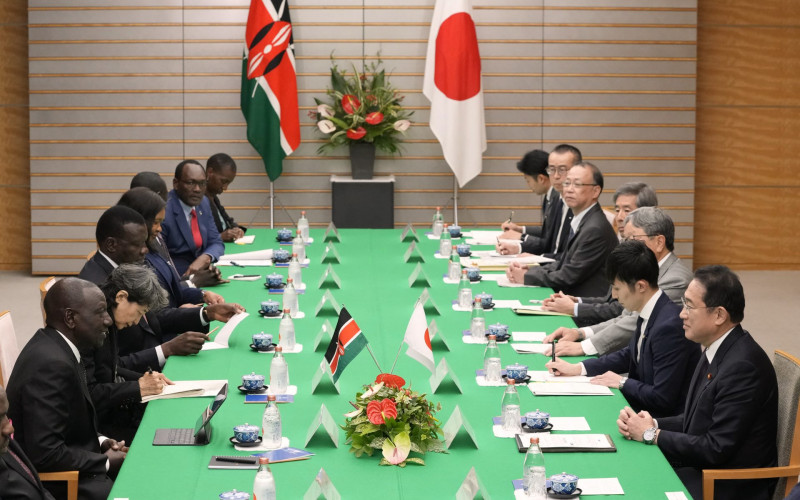The tendency to approach China’s security engagement in Africa in general, and Mali more specifically, from a narrow, traditional military perspective, however, means that other important platforms and approaches to peace and security are overlooked. China’s emphasis on a development—security nexus at the core of its approach to global peace and security has, in this way, been overshadowed by attention to its military expansion. The development—security nexus framework captures the synergies between economic development and security. In terms of China’s domestic experience, political stability in its one-party state is intimately intertwined with the economic and development successes that the Chinese Communist Party achieved. In China’s foreign policy, and as proclaimed by Chinese President Xi Jinping and other officials, Beijing’s approach to global peace and security is informed by a strong belief in the interconnections between economic development and security. ‘Development,’ as President Xi Jinping told the 2015 Forum on China Africa Cooperation (FOCAC) in Johannesburg, ‘holds the key to solving all problems.’ On this basis, Beijing’s security involvement in Africa (and elsewhere) should not be analyzed exclusively through a material military power lens but also through the prism of its economic development contributions, poverty alleviation measures, and job creation.







